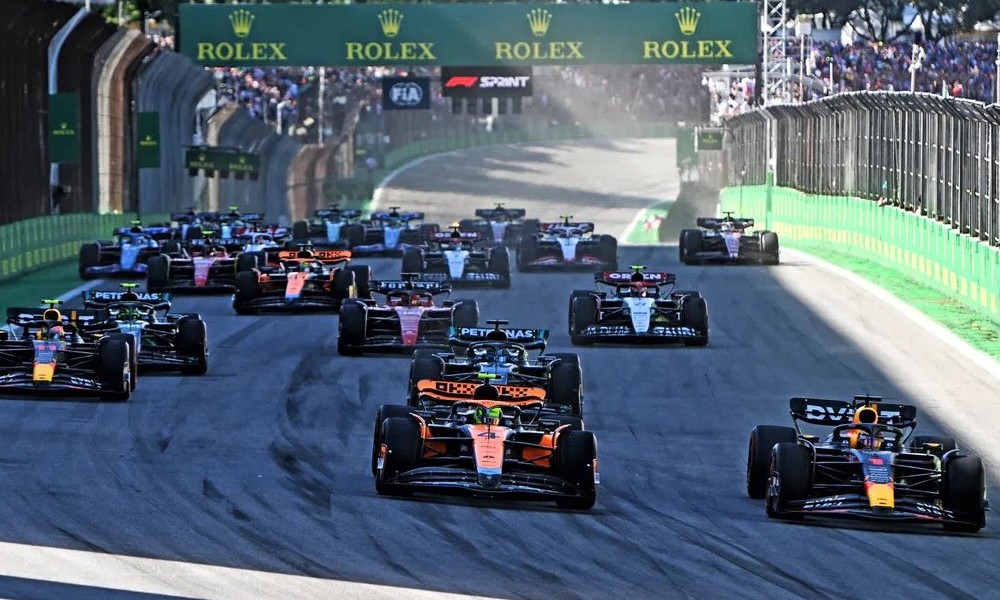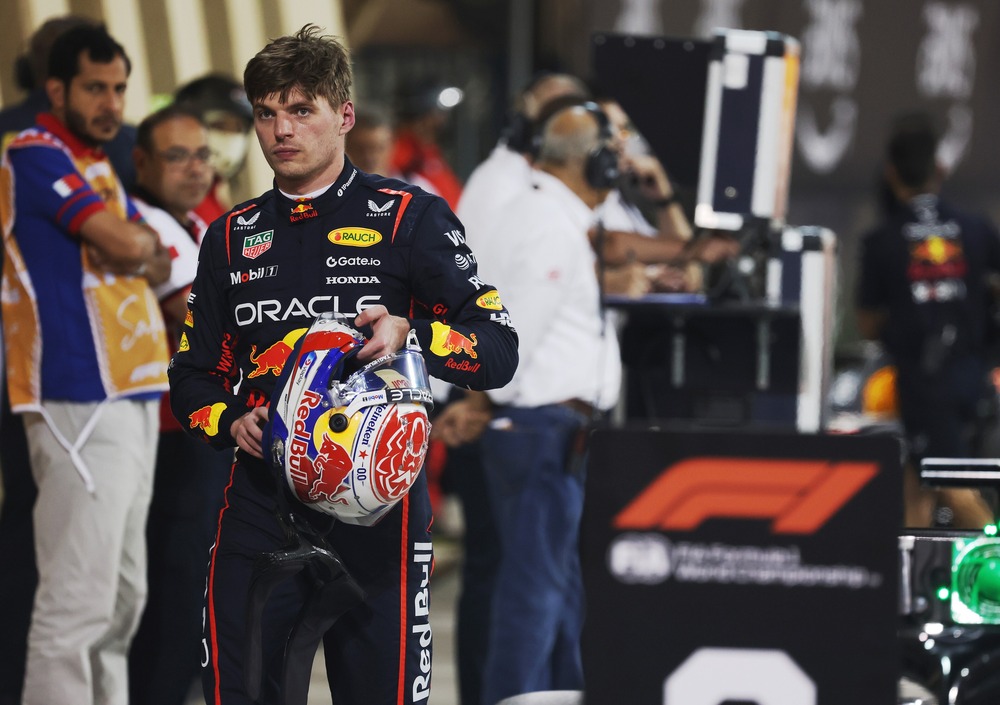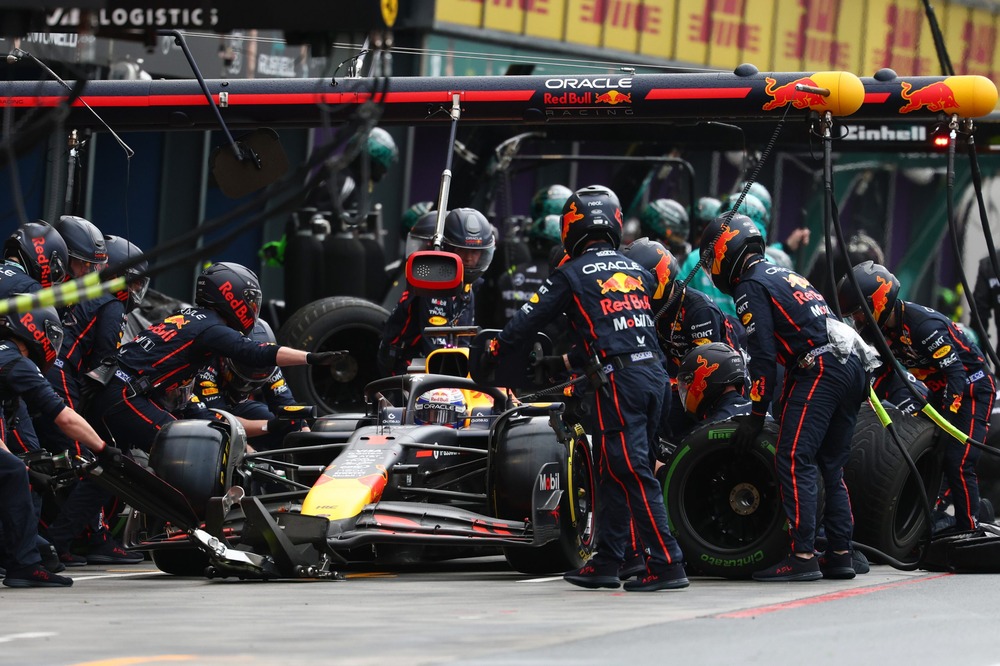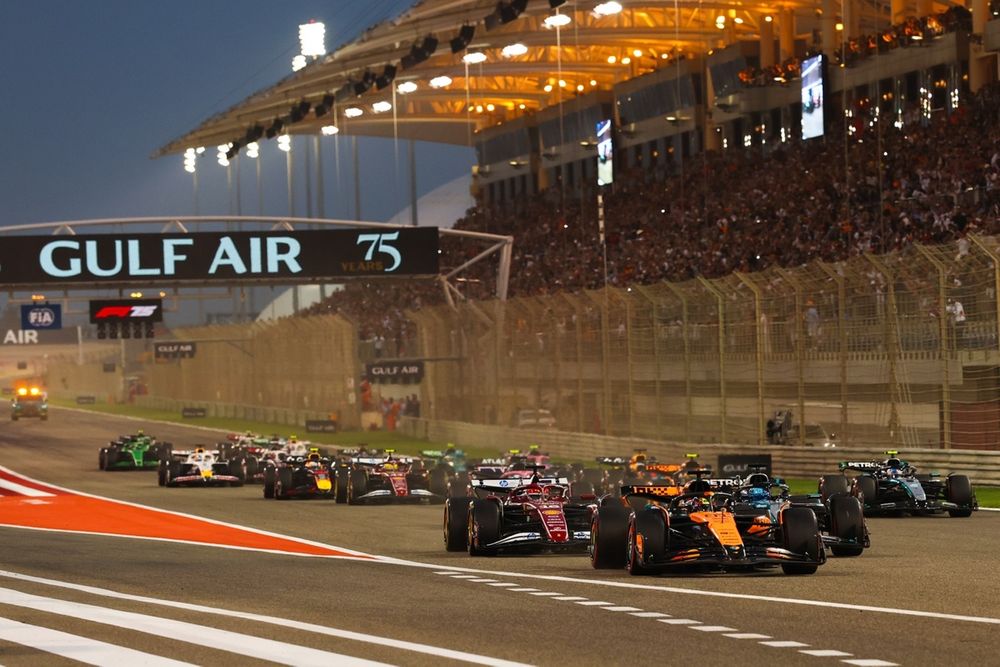The FIA has confirmed major updates on the much-anticipated 2026 F1 regulations including the introduction of a rookie sprint race, among other crucial topics.
The announcement comes on the heels of a recent F1 Commission meeting held in Geneva, where key stakeholders, including FIA Single-Seater Director Nikolas Tombazis and F1 President Stefano Domenicali, discussed a range of topics that will shape the future of the sport.
Among the most notable developments are the introduction of new technical regulations aimed at enhancing performance and sustainability, as well as the approval of a rookie sprint race concept that has been in discussion for some time.
The 2026 F1 regulations mark a pivotal moment for the sport, as they are designed to usher in a new era characterized by lighter, more agile cars and advanced power units.
The FIA’s vision for these regulations includes a significant reduction in car weight—approximately 30 kilograms lighter than current models—which is expected to improve handling and overall raceability. This aligns with the FIA’s “nimble car” concept, which aims to create vehicles that are not only faster but also more efficient on the track.
One of the most exciting aspects of the upcoming 2026 F1 regulations is the redesign of power units. The new engines will feature a 50/50 split between internal combustion and electric power, running on 100% sustainable biofuels.
This shift not only reflects a commitment to environmental sustainability but also positions Formula 1 as a leader in automotive innovation. With six power unit manufacturers—including Ferrari, Mercedes, Alpine, Honda, Audi, and Red Bull Ford Powertrains—committed to supplying engines from 2026 onward, the competition is expected to intensify.
In addition to technical advancements, safety remains a top priority for the FIA. The new regulations will introduce enhanced safety measures, including stronger structures and more rigorous testing protocols.
For instance, revised front impact regulations will feature a two-stage structure designed to protect drivers during multiple impacts—a critical improvement given recent incidents in motorsport. Furthermore, side intrusion protection will be significantly increased, providing better safeguards around the cockpit area.
The discussions at the F1 Commission also revisited the concept of a rookie sprint race, which aims to provide emerging talent with valuable experience on the F1 stage.
Initially proposed as a potential event for late 2024, this idea has been pushed back for further consideration in 2025 season with an eye toward implementation in 2026 F1 regulations. The rookie sprint race is intended to showcase up-and-coming drivers while adding an exciting dynamic to race weekends.
As part of its commitment to inclusivity and modern practices, the FIA has also announced revisions to sporting regulations that incorporate gender-neutral language. This move underscores the organization’s dedication to creating an inclusive environment within motorsport—a crucial step forward in an industry that has traditionally been male-dominated.
READ ALSO: F1 driver cooling kits to be introduced from 2025 season after FIA approval
Financial regulations are another area receiving attention ahead of 2026 F1. The FIA has approved measures that will exclude sustainability initiative costs from financial calculations starting 2025 season in a bid to encourage teams invest in sustainable technologies without facing financial sanctions.
Additionally, discussions surrounding confidentiality provisions during investigations are underway, further enhancing procedural integrity within the sport.
The latest updates signal a broader trend within Formula 1 towards sustainability and performance enhancement. With increasing scrutiny on environmental issues globally, these regulatory changes position Formula 1 not only as a premier motorsport series but also as a pioneer in adopting green technologies.
The emphasis on sustainable fuels and hybrid power units reflects an understanding of the industry’s responsibility towards environmental stewardship. Looking ahead, the FIA anticipates that these new regulations will achieve their intended performance targets by their implementation date.
The regulatory drafting process is well under progress with expectations that all sections will be finalized before the next World Motor Sport Council meeting scheduled for early 2025.






